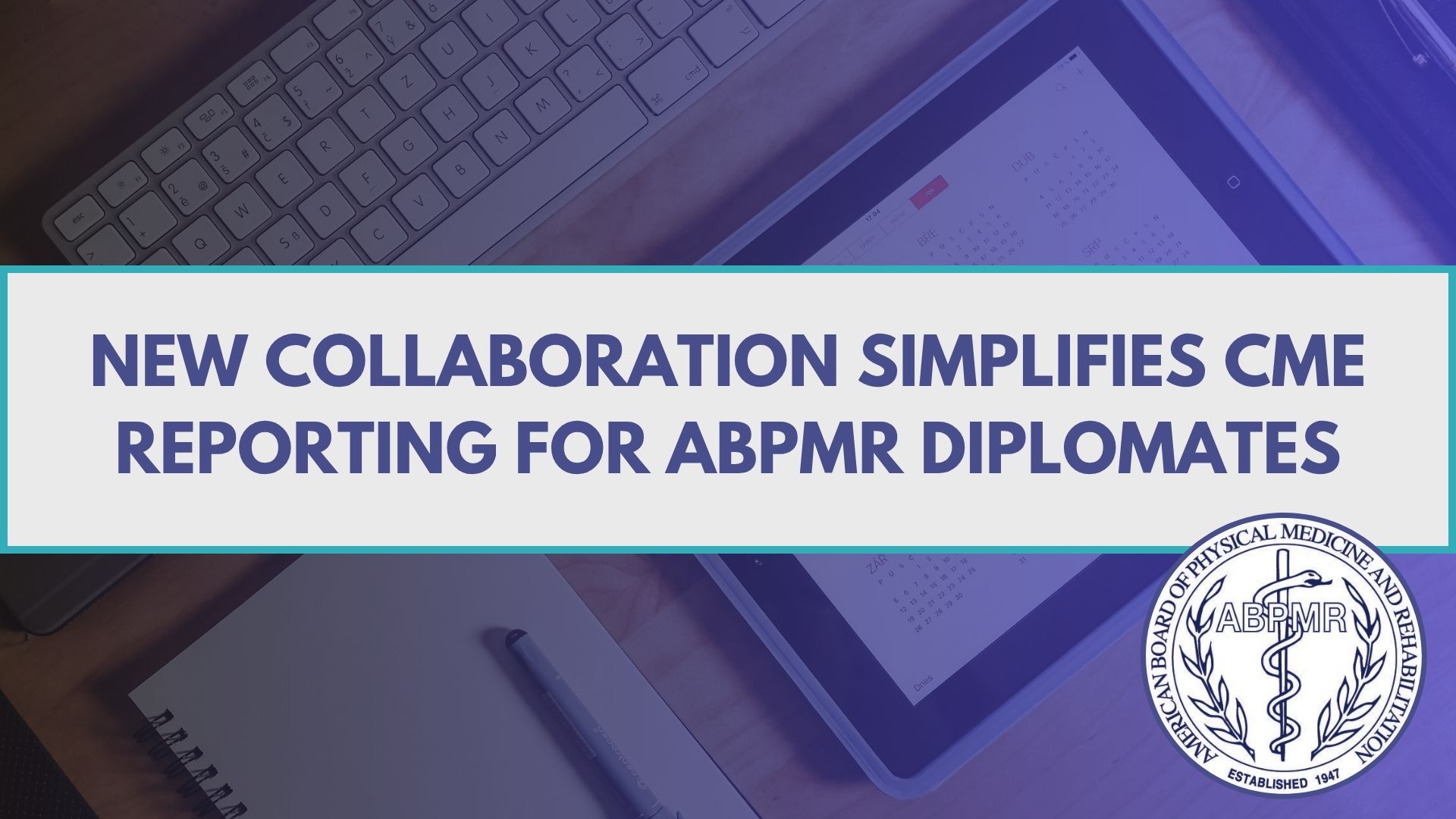CC
PIP Spotlight: Implementing Tracking Procedures and Education to Decrease Health Risks of Overweight Patients

Dr. Patricia Hong submitted the Performance Improvement Project featured in the December PIP Spotlight, in which she implemented a procedure to consistently weigh patients and calculate their body mass index in order to assess their health risks related to obesity.
The PIP Spotlight is a periodic feature on News Center to highlight exemplary Practice Improvement Projects submitted by your fellow diplomates for Maintenance of Certification (MOC) Part IV credit.
You can use the PIP Spotlight as a tool to model additional PIPs on what you read here, or as a way to connect with other diplomates doing similar work.
Thanks for your submission, Dr. Hong!

What is the problem you are trying to solve?
Obesity is defined as a body mass index (BMI) greater than 30 kg/m2. It is a prevalent problem in the U.S. that is becoming increasing pervasive. It is a sensitive and complex issue which encompasses medical, social, and emotional factors.
People with obesity are known to have a higher risk for early morbidity/mortality due to associated somatic diseases (chronic pain and even cancer are seen more in overweight people), psychiatric disorders (depression is common), and psycho-social impairments.
Despite the growing obesity epidemic currently affecting over 35% of the U.S. population, patients with obesity do not receive enough weight-loss counseling and obesity is not consistently documented in medical records. My aim is to increase obesity awareness and ultimately contribute to its reduction.
What data (objective measurements) do you have that supports this as a problem?
My review of clinic records revealed that there were inadequacies in regard to obesity management:
- Patients are not consistently weighed
- BMI is not consistently determined
- Obesity diagnosis is not consistently documented
- Obesity counseling is rarely given
What is your opportunity statement? State the goal you hope to achieve.
My goals at the start of the project were the following:
- Weigh every patient at every visit
- Determine BMI with the latest weight
- Chart obesity diagnosis when BMI is greater than 30
- Provide obesity counseling
With the above goals, my ultimate aim was to initiate conversations leading to increased readiness to lose weight and greater acceptance of treatment plans resulting in weight loss.
What is the underlying cause of the performance/quality problem?
Obesity is not formally diagnosed consistently and opportunities are often missed due to:
- Limited time
- Fear of being perceived as judgmental and inciting negative responses
- The pervasiveness of obesity and the difficulty of treatment
- Limited training

What change(s) did you implement?
- My medical assistant was instructed to weigh each patient
- BMI was calculated for each patient
- Every patient with a BMI greater than 30 was formally diagnosed with obesity and the diagnosis was charted
- Every patient was given a brief obesity counseling including discussions on its definition, risk factors, exercise and nutrition strategies, local resources such as websites, weight management programs, and surgical options

Did you achieve your goal or target from your opportunity statement? What data do you have to support your conclusion?
My goal of 100% was missed by less 5% for the following reasons:
- Inability to weigh some patients (due to limitations of the scale used)
- Some patients' refusal to be weighed
To my surprise, no patient was outright averse to having a discussion on obesity.

Will you continue with the changes you have implemented?
Yes, I will continue to document obesity and give obesity counseling given the serious nature of this epidemic.
I've noted that my patients and I are becoming more comfortable broaching and exploring the topic of obesity and more open to addressing medical complexities and social difficulties associated with obesity.



